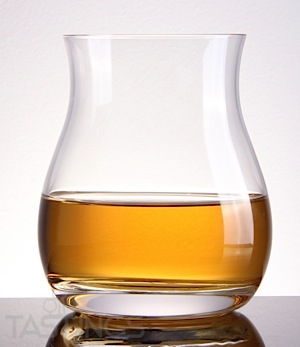
Serve in a Glencairn Ganadian Whisky Glass
Tennessee Whisky must contain a minimum of 51% corn, be produced in Tennessee, be distilled at less than 80% ABV (160 proof), filtered through a bed of sugar maple charcoal, and be aged for a minimum of two years in new charred barrels.
The Taste: The taste descriptors for Tennessee whisky tend to parallel those of its Kentucky cousin. The distinction and the difference comes on the finish which is long, clean, and very, very smooth—a result of the final sugar maple charcoal filtration. Legally, Tennessee whiskeys could be sold as Bourbon; but the two Volunteer State distillers are proud enough of their “sipping whisky” to insist that the difference be known to all.
Tennessee whiskey is a first cousin of Bourbon, with virtually an identical history. The same sort of people used the same sort of grains and the same sort of production techniques to produce a style of whiskey that, remarkably, is noticeably different. The early whiskey distillers in Tennessee, for reasons that are lost in the mists of history, added a final step to their production process when they began filtering their whiskey through thick beds of sugar maple charcoal. This filtration removes some of the congeners (flavor elements) in the spirit and creates a smooth, mellow palate. The two remaining distillers in the state continue this tradition, which a distiller at the Jack Daniel’s Distillery once described as being "same church, different pew."